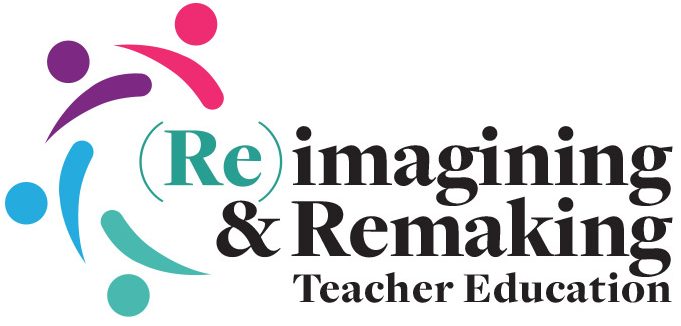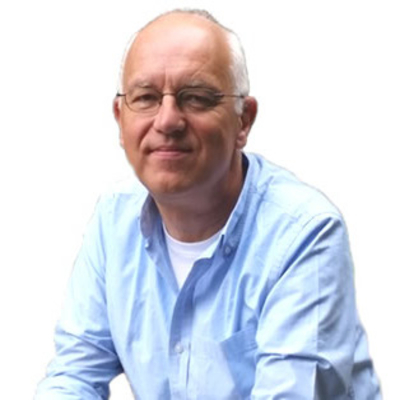
Prof. Gert Biesta
The University of Edinburgh, and the University of Humanistic Studies
Gert Biesta is Professor at Maynooth University, Ireland, The University of Edinburgh, and the University of Humanistic Studies. His work focuses on the theory of education, and the theory of educational research, with a particular interest in curriculum, teaching, teacher education and education policy. Recent books include The Rediscovery of Teaching (Routledge, 2017), Educational Research: An Unorthodox Introduction (Bloomsbury 2020), and Teacher Agency: An Ecological Approach (with Mark Priestley and Sarah Robinson; Bloomsbury 2015).
Over the past two decades the discourse on education has seen a strong shift from teaching to learning. Although there are good reasons for getting a better balance between the teaching-side of education and the learning-side, it can be argued that the current situation is out of balance, with too much talk about learning and too little understanding of the complexities of teaching. There is, therefore, still a need to reclaim teaching, not just for education itself but also for the field of teacher education. Reclaiming teaching for teaching education is, however, not an easy task, partly because there are still reflexes in the field that see teaching as ‘of the past’ and learning as ‘of the future.’ Here any turn towards teaching can only be perceived as a conservative re-turn. On the other hand, recent developments that seem to make a case in favour of teachers and teaching, either do so by narrowing the complexities of teaching to that of ‘direct instruction,’ or by degrading the teacher as an apparent factor in the production of learning outcomes, but not as a thinking, judging and acting professional. In my presentation I will document and analyse these developments in order to make clear what a progressive claim for teaching in our times might look like, and what this implies for teacher education. I will particularly pay attention to the idea of the artistry of teaching as a robust alternative for narrow, evidence-based understandings of the complex work of teaching.
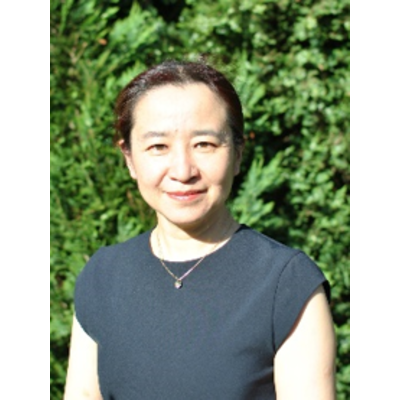
Prof. Qing Gu
UCL Institute of Education
Professor Qing Gu is Director of the London Centre for Leadership in Learning (LCLL) and Professor of Leadership in Education at the UCL Institute of Education. She is the Immediate Past Chair of the British Association of Comparative and International Education (BAICE), Associate Editor of the International Journal of Educational Development, and Co-Editor of Teachers and Teaching: Theory and Practice. Professor Gu chairs the Governance Committee of the UCL Institute of Education-led consortium chosen by the UK Department for Education to deliver the Early Career Framework for teachers.
From 2006 until now, Professor Gu has directed and co-directed many government, research council and independent charities funded projects in the areas of teacher professional development, school leadership, school improvement, and systemic reform and change. She is currently leading a £1.9m UK Economic and Social Research Council (ESRC) Global Challenges Research Fund (GCRF) project entitled Schools as Enabling Spaces to Improve Learning and Health-Related Quality of Life for Primary School Children in Rural Communities in South Africa. Professor Gu has presented more than 100 research papers at major international and national conferences and research seminars, including keynote addresses and keynote symposiums. Some of her books have been translated into Chinese, Japanese and Spanish.
This chapter builds upon but extends current understanding of the conditions for sustaining teachers’ learning and development over the course of their professional lives. From a social-ecological perspective and grounded in a synthesis of empirical research over the last two decades, the chapter will explore variations in the needs of teachers’ professional learning and development over the course of their professional lives, and the ways in which the increasingly complex and diverse landscape of teaching supports or hinders their capacity to teach to their best in different schools and in different phases of their professional lives. Over the last decade research has consistently shown that teachers’ commitment, enthusiasm and resilience – qualities that are harder to measure – are fundamental to how teachers feel about their work, how they think about themselves as professionals, and how they are (or are not) able to fulfil their professional values and core purposes by making a real difference to children’s learning and achievement.
A central argument of the chapter is that a continuing dialectic between the teacher and their practices is more likely to occur in schools where there is a supportive environment for individuals’ professional learning and development, and which build trusting relationships amongst staff, foster a collective sense of efficacy and resilience and through these, sustain their continuing improvement. Rather than focussing on the physical retention of teachers, there is a compelling argument for those responsible for raising standards in schools to take measures to ensure, as far as possible, the personal, professional, organisational and policy conditions of teachers’ work and lives are conducive for their learning and development so that schools will retain teachers who are willing and able to teach to their best – what we call ‘quality retention’.
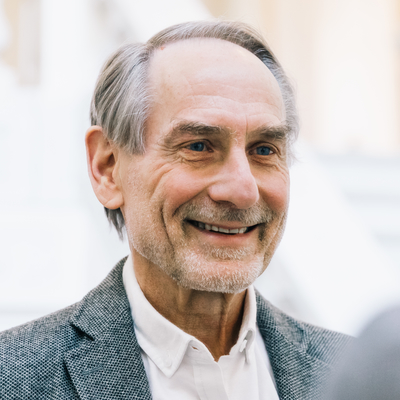
Prof. Ferre Laevers
KU Leuven
Ferre Laevers (Prof. Dr.) is director of the Centre for Experiential Education based at the University of Leuven (Belgium). He was co-founder of EECERA and its president from 2005 until 2007.
Most of his work is linked to the innovative project ‘Experiential Education’ (EXE) from which he was the founding father, more than 40 years ago. Both at the conceptual and at the level of practice this project generated a framework for quality assessment, in which well-being and involvement are seen as the key indicators for powerful learning environments – with deep-level-learning as the goal. This expertise covers a wide range of settings, from babies and toddlers in childcare up to higher education.
The essence of teacher training: the development of a growth mindset, personality, and mastery in the creation of powerful learning environments.
A blueprint for an advanced teacher training, brings us to three dimensions that should permeate the design. (1) Teacher training should invest in the safeguarding or reawakening of an exploratory attitude, a fascination for the world, a growth mindset. (2) Students must find an environment where they can encounter oneself as a person, develop a view on who they are and want to be, on their talents and aspects in which they need to invest, on their motives and engagement– allowing them to become strong personalities. (3) Then come the competencies and dispositions in view of their assignment as a teacher. On the one hand the future teacher should be well-equipped to create powerful learning environments. They must become experts in attaining high levels of well-being and involvement when implementing the curricula for the age levels they are trained for. On the other hand: students orient themselves to become an added value for the organization they will be joining. Social competence, a positive attitude, an entrepreneurial zest and the enrichment of the setting with their specific talents, should be embedded in their profiles.
These three lines of thought must be seen as intertwined. They are the arteries that feed the system. For sure the implementation will have implications: more student participation and cooperative learning/teaching; a more flexible structure in which attachment to year levels is loosened; a more holistic approach to assessment and a climate in which well-being is cared for as much as involvement.
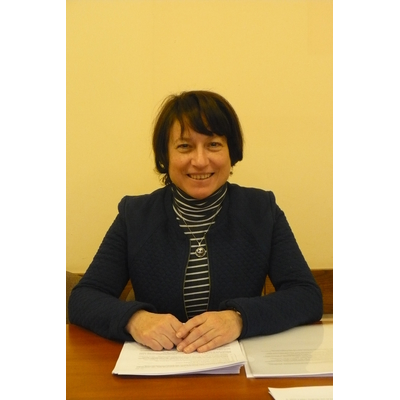
Prof. Anna Wiłkomirska
University of Warsaw
Professor Anna Wiłkomirska is the dean of the Faculty of Education at University of Warsaw, Poland. Her work focuses on two main fields: the policy of education, with particular interest in educational reforms, including teacher preparation and socialization of youth, with particular interest in civic education, in the broader context of socio-political change. Recent books: Social science in the face of change – the alternative of integration, inspirations for contemporary pedagogy (with K. Marzec-Holka i A. Radziewicz, 2018), What form of patriotism? (with A. Fijałkowski, 2016).
